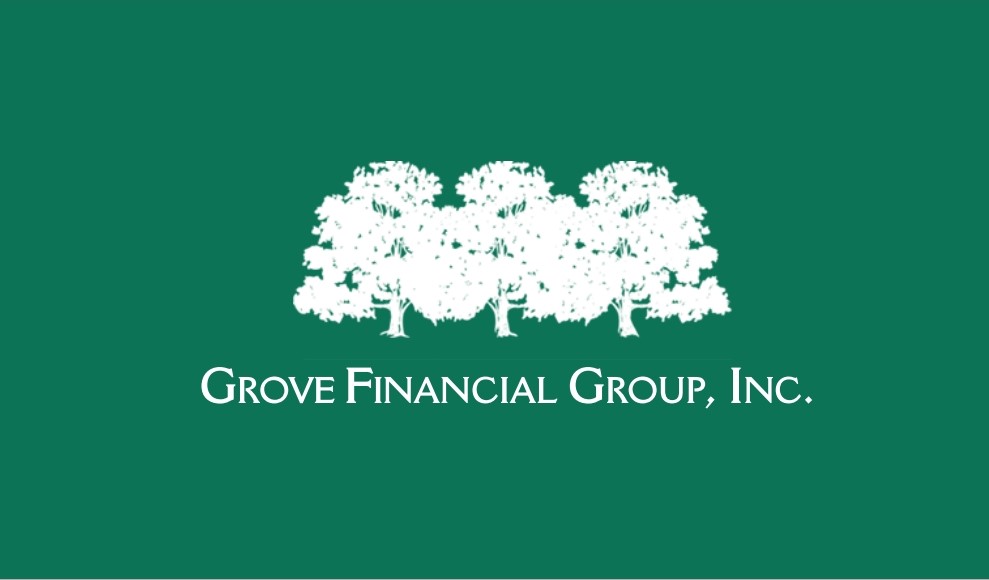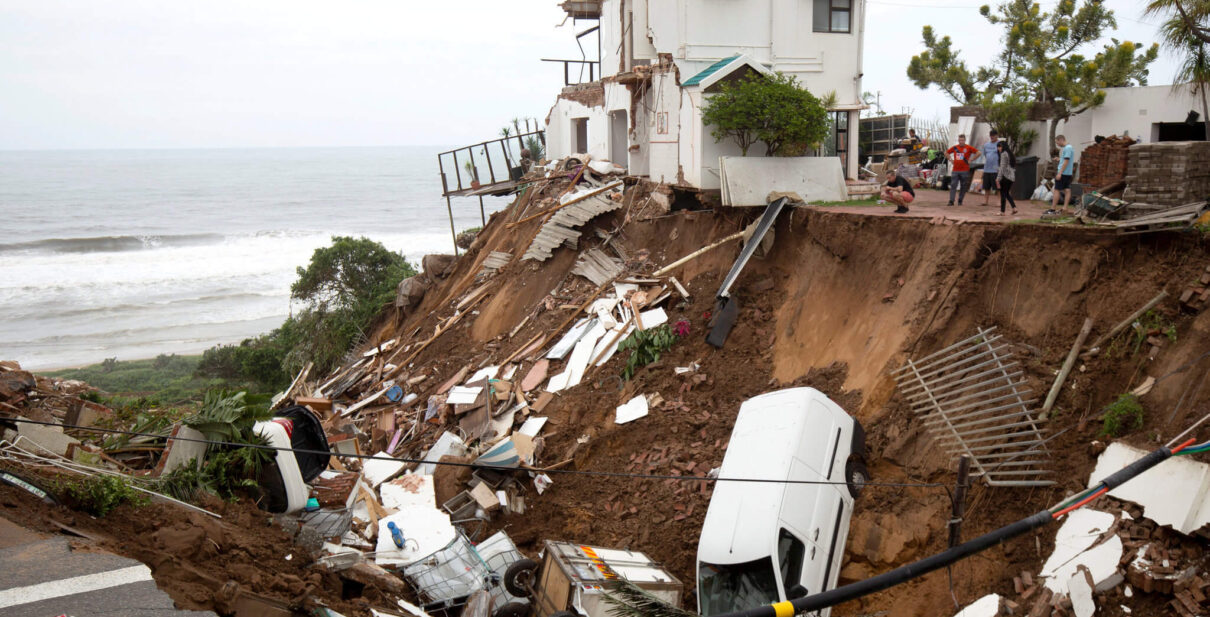- January 10, 2024
- by Leon Grove
- News, Uncategorized
Disaster's Economic Aftermath: Navigating Finances
Natural disasters can wreak havoc on lives and communities, leaving behind a trail of destruction that extends far beyond the immediate physical damage. While the emotional and physical toll is undeniable, it’s crucial to recognize the profound impact that such events can have on one’s financial situation. The financial fallout from a natural disaster can be both immediate and enduring, requiring careful planning, resilience, and adaptive financial strategies.
In the immediate aftermath of a natural disaster, the financial implications are often swift and severe. Homes may be damaged or destroyed, businesses disrupted, and essential services disrupted. The costs of evacuation, temporary shelter, and emergency supplies can quickly accumulate, leaving individuals and families grappling with unforeseen expenses. Insurance coverage, if available, becomes a lifeline, but the complex process of claims and assessments can add to the financial stress.
The impact on businesses is particularly noteworthy. Small businesses, often the backbone of local economies, may face closures, inventory losses, and the challenge of rebuilding. For employees, the loss of income due to business closures or job displacement can be a significant blow. The immediate economic downturn in the affected area can also trigger a ripple effect, affecting industries beyond the disaster zone.
In the aftermath, the process of rebuilding and recovery introduces a new set of financial challenges. Homeowners and business owners may need to navigate loans, mortgages, or grants to fund reconstruction. The increased demand for construction materials and services can lead to inflation, impacting the overall cost of rebuilding. Individuals may find themselves grappling with long-term debts incurred during the recovery phase.
The financial strain extends to mental health as well. The stress of rebuilding, coupled with the trauma of the disaster, can have lasting effects on emotional well-being. Coping with financial uncertainty adds an additional layer of complexity to the recovery process. It becomes imperative to recognize the psychological toll and seek support when needed.
The indirect financial consequences are equally noteworthy. Communities affected by natural disasters often experience a decline in property values, making it challenging for homeowners to regain their initial investment. This decline can have a lasting impact on the local economy, affecting jobs, services, and the overall economic vibrancy of the region.
In navigating the financial aftermath of a natural disaster, preparedness is key. Establishing an emergency fund, securing comprehensive insurance coverage, and creating a disaster-specific financial plan can provide a degree of stability during the initial shock. Regularly reviewing and updating insurance policies, including coverage for natural disasters, ensures that individuals are adequately protected.
Community support and government assistance also play pivotal roles in mitigating financial burdens. Understanding available resources, grants, and relief programs can aid in the recovery process. For businesses, exploring continuity plans, diversifying income streams, and leveraging technology for remote operations can enhance resilience against future disruptions.
As we confront the harsh reality of natural disasters and their financial implications, it becomes evident that adaptability and proactive financial planning are essential. The impact may be substantial, but with a strategic approach and a commitment to resilience, at Grove Financial Group Inc., we believe that individuals and communities can navigate the economic aftermath and lay the foundation for a more financially secure future. We are here to help.




